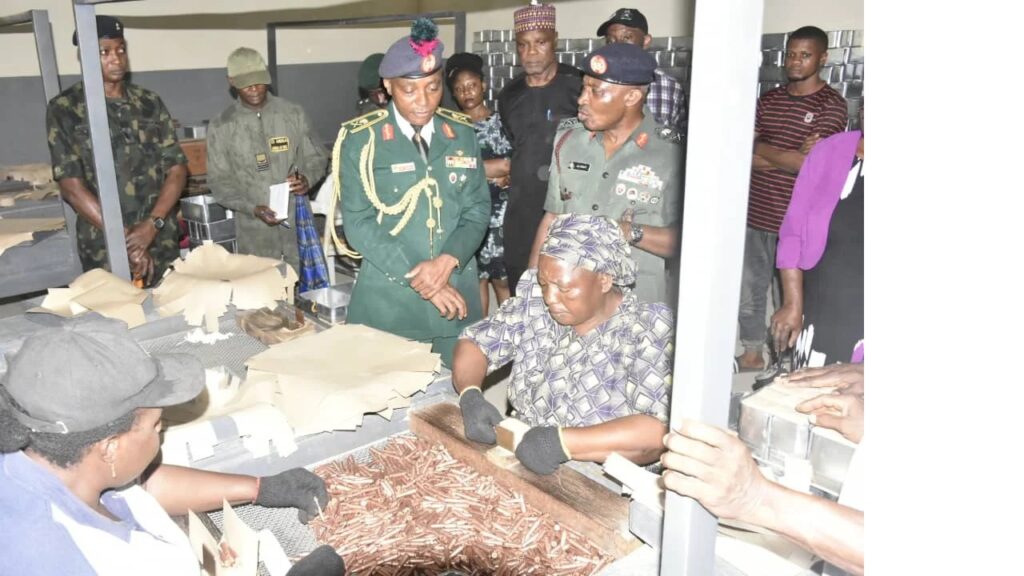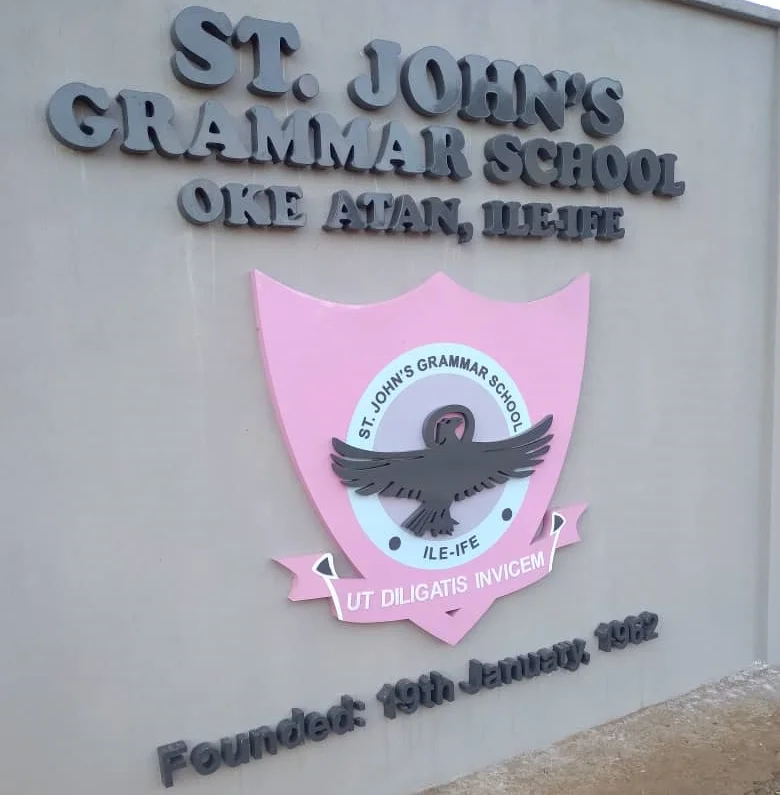
Nigeria has launched the School anti-Trafficking Education and Advocacy Project (STEAP), following a 2021 report of the United Nations Office on Drugs and Crime (UNODC), which found that children made up 75 per cent of trafficking victims detected in West Africa.
Head, West Africa Region of the International Centre for Migration Policy Development (ICMPD), Mojisola Sodeinde, who spoke at an event held at the Government Secondary School, Gwarinpa, yesterday, said the project marked a significant milestone in the collective journey towards a safer and more secure future for Nigeria’s children and youths.
The project, sponsored by the Kingdom of The Netherlands, is localised in Edo, Delta, Ogun, Oyo, Benue and Enugu states, and is spearheaded by ICMPD in partnership with the National Agency for the Prohibition of Trafficking in Persons (NAPTIP).
She said: “This initiative is not just a project, it is a powerful commitment to change and a testament to our collective will to fight against the scourge of human trafficking.
“In the shadows of our societies, a dire threat has been growing – the threat of human trafficking. It is a menace that knows no borders and spares no one, targeting the most vulnerable among us.
“The stark reality is that our children, the very future of our nations, are at risk. In 2021, the key findings of the Fifth Global Report on Trafficking in Persons indicated that children represent more than 75 per cent of trafficking victims detected in West Africa. The statistics are alarming, but they are more than numbers. They represent lives, dreams, and futures stolen. This is a battle not just for justice, but for the soul of our communities.
“The STEAP project is our bold response to this challenge. Rooted in the understanding that awareness and education are powerful tools, STEAP aims to transform schools into fortresses of knowledge and empowerment against human trafficking. We are focusing on a ‘whole of school community’ approach, which involves students, teachers, parents, and the wider community. Our objective is clear: to significantly reduce the trafficking of school-aged children in Nigeria and beyond.”
According to her, the strategy encompasses several key areas, including integrating human trafficking awareness into the school curriculum, as well as investing in training for teachers and schools’ members of staff.
She said the project would also establish school clubs in high-risk areas to serve as safe spaces for students to engage, discuss, and learn about human trafficking.












